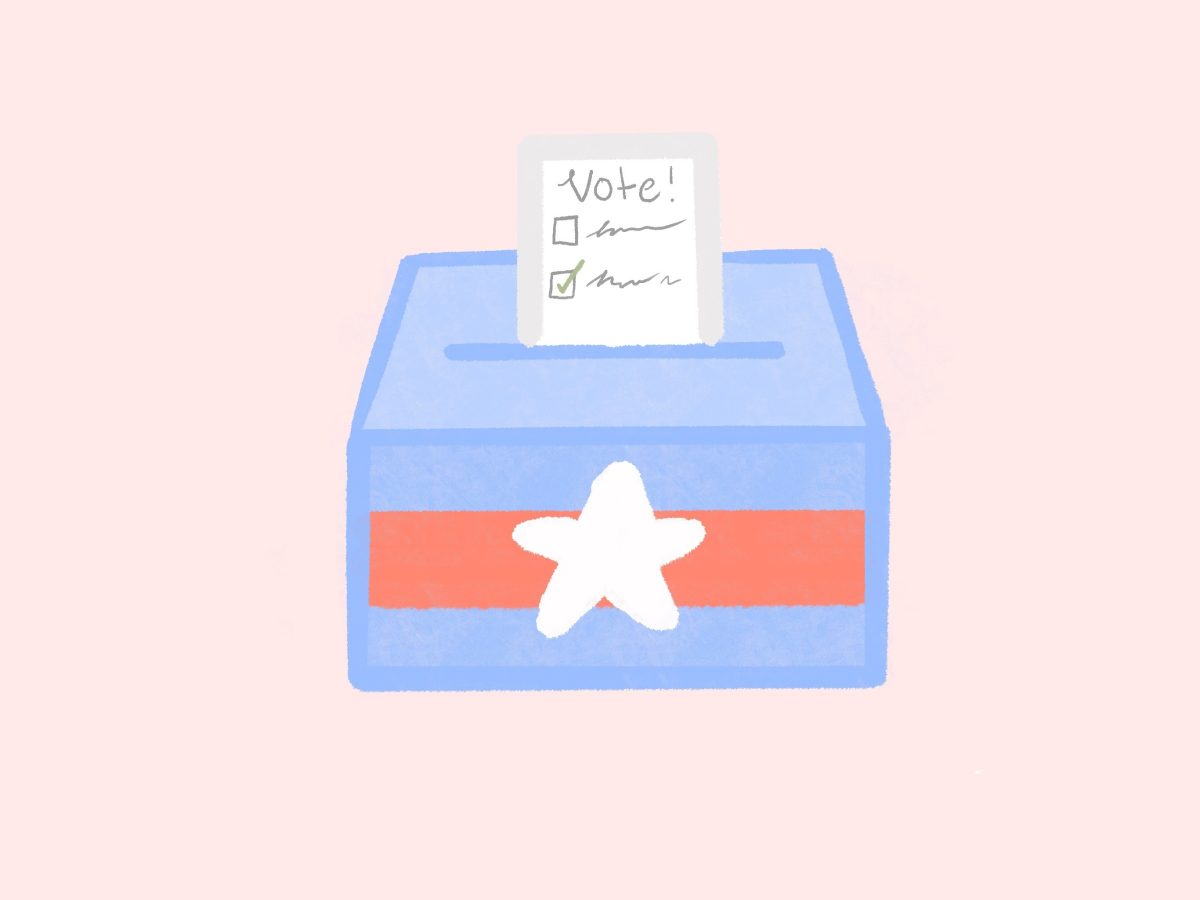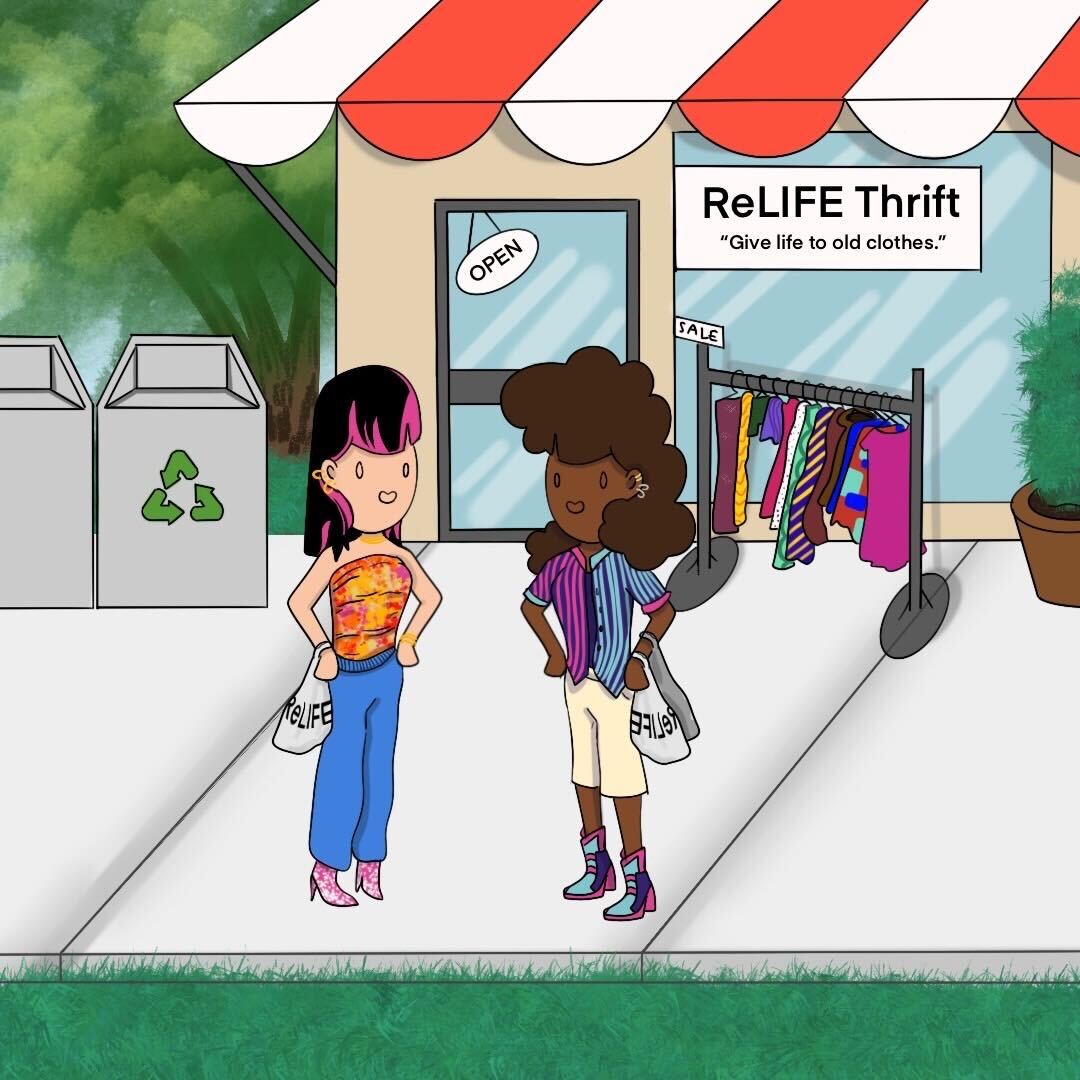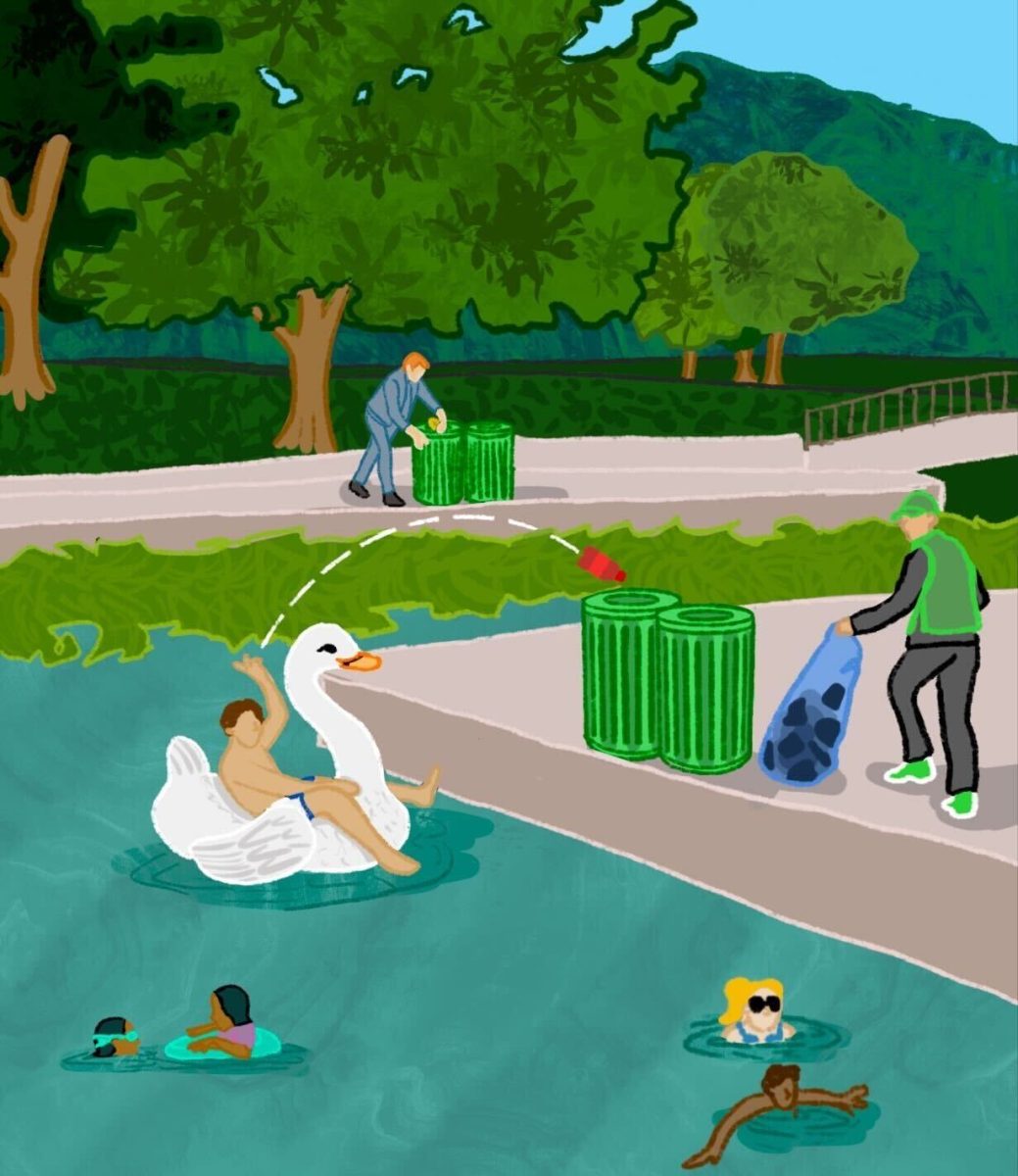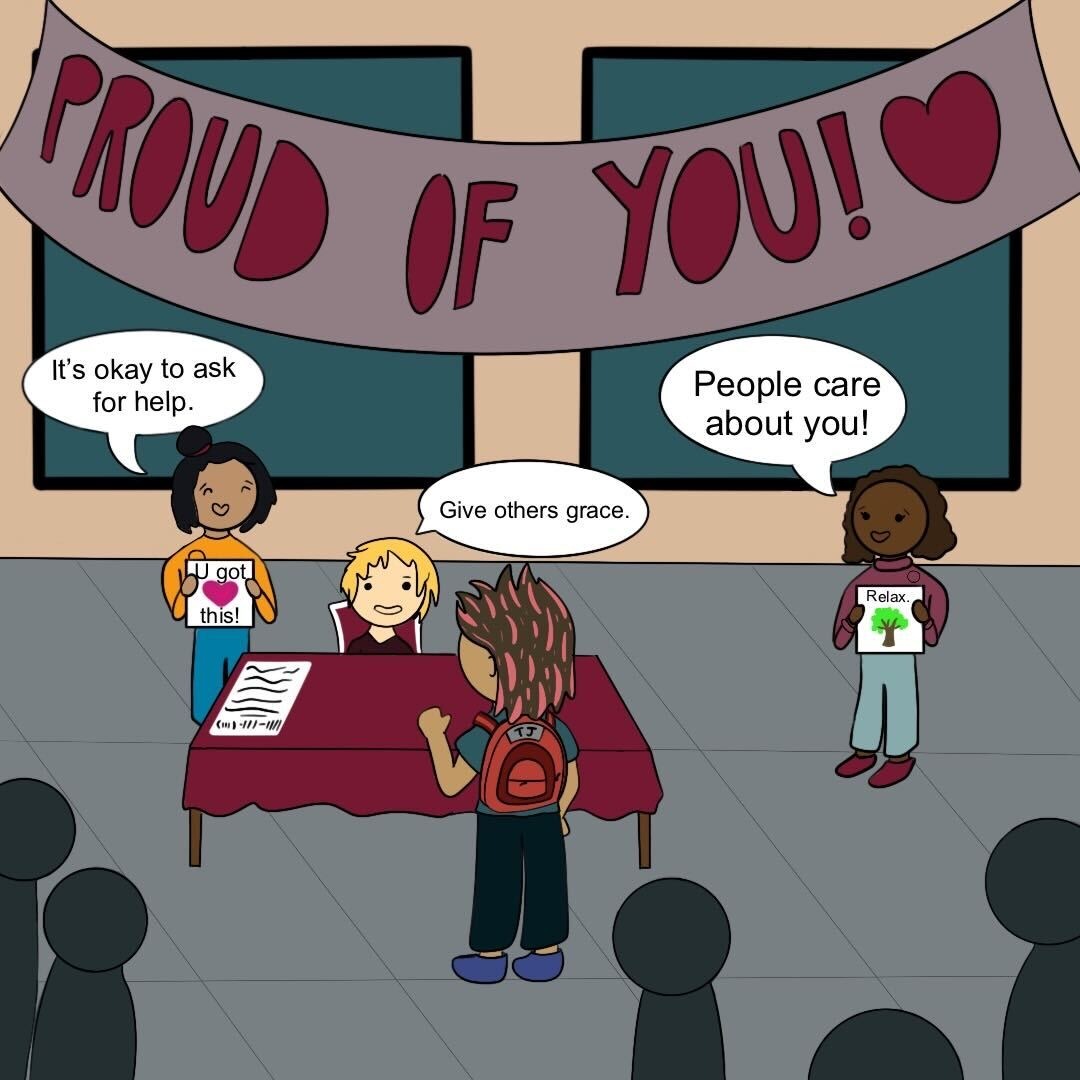On Sept. 1, Gov. Greg Abbott signed Senate Bill 1, also known as the election integrity bill, into law.
The bill prohibits 24-hour voting, drive-thru voting and unsolicited mail-in ballot distribution; it adds new regulations for voting times, voter assistance, new ID requirements for mail-in voting, more protection for poll watchers, monthly citizenship checks on registered voters and adds a process to fix mail-in ballots that could have technical errors.
The bill’s ban on 24-hour voting and drive-thru voting aren’t necessary for voting integrity and discourages communities of color from voting.
Contention over 24-hour and drive-thru voting started with Harris County during the 2020 election. In that year, Harris County beat the previous voting record from 2016 after the introduction of both these voting times and methods.
Abbott argues that by introducing these two voting methods, Harris County created its own voting system, going against article 1 section 4 of the U.S. Constitution, as it is the state’s right, not the county’s right, to create voting laws. Moreover, Abbott insists having passengers in a car could lead to coercion in drive-thru voting.
These points were made in a conversation with Fox News’s Chris Wallace. Wallace’s counterarguments pointed out that, because more than half of voters using these methods were people of color, these restrictions are acts of voter suppression toward minorities. Moreover, he argues that instead of banning 24-hour voting, Abbott could have extended this procedure statewide.
The Texas Civil Rights Project also pointed out how minorities will be disproportionately impacted by these prohibitions. It states that Black, Hispanic and Asian voters made up 56% of extended hour votes and 53% of drive-thru votes in Harris County. Moreover, the organization mentions that Texas’ Secretary of State said that neither drive-thru voting nor limiting voting hours increase voter security.
In addition to this, the majority of Harris County voters, no matter their political affiliation, said they rated their experience with drive-thru voting as “excellent” in a survey by Rice University. In fact, the majority of voters in Harris County were against the changes to ban these voting methods.
Abbott’s latter argument of voter coercion doesn’t really stand as people can also be heavily influenced or coerced by those they live with and are taken to the polls by. An example of this can be seen in the 2020 election through Jules, a TikToker from Texas.
In her post, Jules shows a list her parents gave her of who to vote for, which consisted of only Republican candidates. She claims she chose to drive to the polls separately, due to not wanting to be in a car with her parents after they found out that she voted for Joe Biden. Her parents were in fact disappointed by the revelation and allegedly kicked her out because of it.
Although Jules may not have been physically coerced in any way to vote for Donald Trump and voted in her own preference, others who find themselves in this situation could be manipulated to otherwise.
With this being said, there seems to be little reason to ban drive-thru voting and 24-hour voting polls outright. With this new bill in place, it is now impossible for other Texas counties, like Hays County, to implement practices that will make voting more accessible for communities of color.
– Hannah Thompson is a history senior
The University Star welcomes Letters to the Editor from its readers. All submissions are reviewed and considered by the Editor-in-Chief and Opinion Editor for publication. Not all letters are guaranteed for publication.
OPINION: The election integrity bill excludes the votes of people of color
Hannah Thompson, Opinion Editor
September 23, 2021
0
Donate to The University Star
Your donation will support the student journalists of Texas State University. Your contribution will allow us to purchase equipment and cover our annual website hosting costs.
More to Discover











